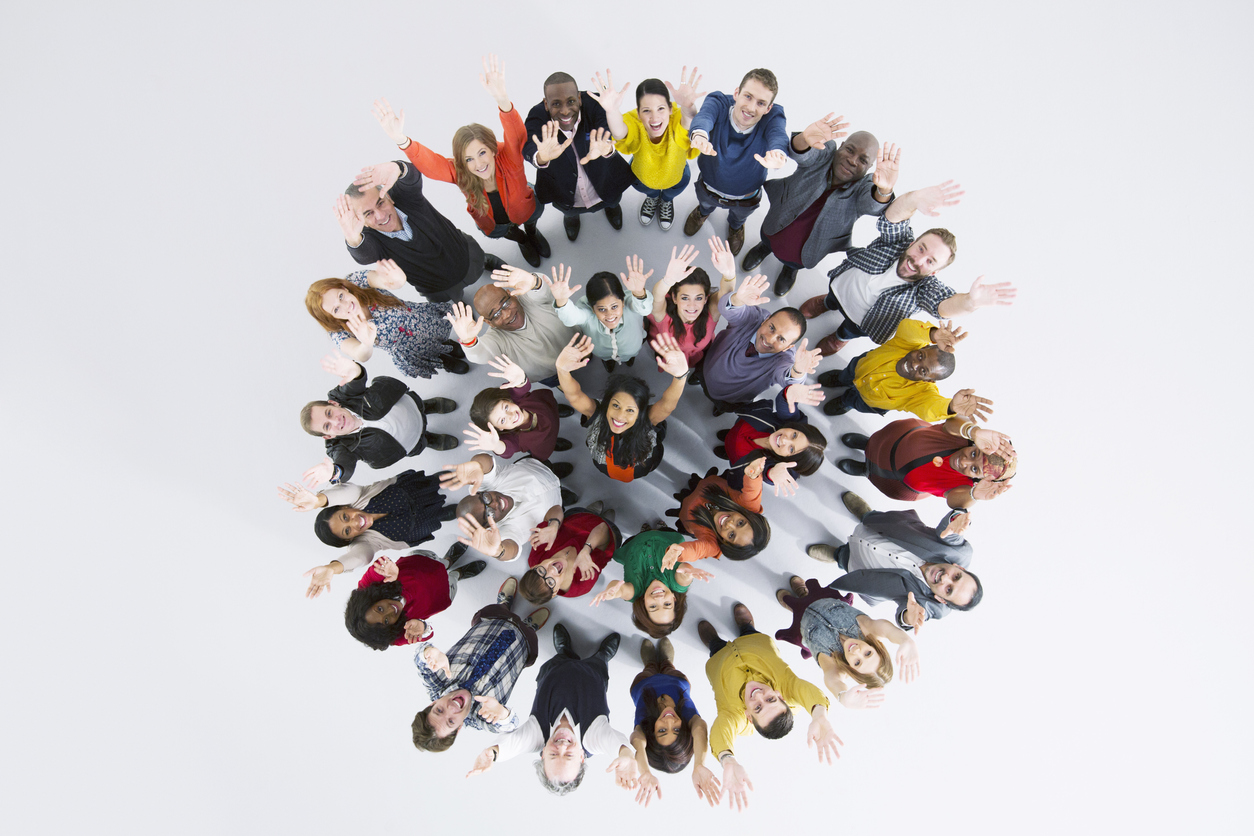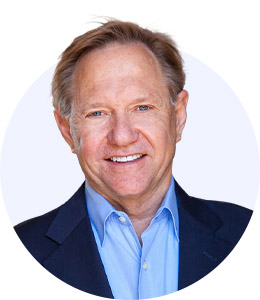In my most recent work, I have been delving into that important sense of belonging. It is a critical human need. We know what it feels like when we have it and when we don’t. There is sadness when a person feels they do not belong, and magic when they do. The sooner a person feels they belong to a company or group, the more comfortable they become. The more comfortable they are, the more likely they are to contribute their ideas, to be a good coworker, and to demonstrate a sense of ownership. Belonging may determine whether a new employee stays or leaves.
Over the past several months, I have shared what I call the Human Capital Ecosystem™. This is a framework designed to help organizations attract, retain, and engage talent. Like an ecosystem in nature, many interconnecting components are linked together and interact with each other and with their environment. In the center of the ecosystem is engagement, representing the goal to have an engaged workforce. If there is an engaged team, the likelihood of an engaged customer goes way up. If you want to learn more about the Human Capital Ecosystem, please visit healthcareplussg.com/ecosystem/.
As I have traveled and presented the Human Capital Ecosystem in workshops, there are questions around each component. A question I receive is “How does one define engagement?” The usual answer is that an engaged person is committed to the overall good of the organization and demonstrates discretionary energy. When asked that question recently, I went beyond that definition and shared that, to me, the best culture is one in which a person feels they belong. In fact, I have put belonging in the center of the Human Capital Ecosystem alongside engagement.
Belonging has such a powerful impact. Organizations lose most employees when they are still relatively new. Why? They just are unsure if they belong. I speak at many universities and colleges. When talking with students, we cover what it feels like to be new. They share they have fears like, “Am I smart enough?” and, “Will I have friends?” In essence, “Do I belong?”
Today there are many people who are in manager positions for the first time. When asked what their biggest worry is, they say, “This is hard. Will I make it?” Subconsciously, they are wondering, Do I belong in this role?
My good friend Vincent Brown and I were at the same event. Vincent speaks and writes on diversity, equity, and inclusion (DEI). He has also added “belonging” to DEI, now using the initials DEI+B.
Belonging most often does not happen instantly. New employees need to know this so they do not exit the company prematurely. It’s not that a person should stay if they are not comfortable; it’s that they need to give it a little time. I have made a video for new hires that explains it is natural to question and have doubts early on in any new situation: new places, new people, and, at times, new processes. Once a person knows that what they are feeling is not abnormal, they become more comfortable.
I have been in recovery from alcoholism for a long time. I am active in meetings attended by people who are in recovery as well as those who wonder if they should be in recovery. It is as diverse a group of individuals as one is likely to find. A very common statement a newcomer makes is, “When I entered the rooms of recovery, I felt I belonged.” Why is that? I believe it is because they feel there are people who understand them. Another factor: If it is someone’s first time attending, they are asked how they felt about the meeting. People write down their name and phone number for the new person to connect with. And a small group spends time welcoming the newcomer after the meeting. People feel accepted, not judged.
While it’s good to help people feel comfortable, getting to that point is not easy. Yet we grow when we put ourselves in uncomfortable situations. It’s important to get to know people who are different from us. We need to push ourselves out of our comfort zone. In every workshop I have ever done, when participants are not assigned a seat, they sit with people they know. Often these are people they work with most days. It is good to have people sit with others they do not know that well, and to ask them to share something about themselves with this new group. This exercise can help promote a sense of belonging.
Some key points on creating a culture of belonging in your organization:
- Be careful not to hire people who are all alike. Vincent Brown owns a consulting firm aimed at helping companies be more diverse and inclusive. It hit him one day that all the staff were people of color. He needed to diversify his diversity company! Be sensitive to this issue in your selection process.
- During onboarding, share with new hires that they will likely be a bit uncomfortable at first. Have other people share with them what they felt like their first weeks on the job. It creates the sense of, I am not alone, and my feelings are normal. Provide each new person with a friend, sometimes called a preceptor, a buddy, etc. This is someone they can go to with questions and learn from beyond the job functions. People are more likely to stay on a job if they have a friend at work.
- Be aware that times have changed. Years ago, it was not abnormal for workers to make new people “earn their place.” This ranged from light hazing to the “we eat our young” approach. Make sure those types of behaviors do not exist in your company.
- Do not assume you know what helps individuals feel they belong. Ask the question, “Do you feel you belong?” Or, “When do you feel most like you belong?” Answers will vary. Adjust your approach based on their answers.
- Discuss in meetings what you are doing to make sure people feel they belong. Include what is being done to make sure customers feel they belong, too.
I study and write on this topic. When I am in new situations, I experience those uncomfortable feelings of not belonging and not fitting in. They are normal, human feelings—for you, for me, for everyone.
This past week, the Betty Ford Center celebrated 40 years of helping people with the disease of alcohol and other drug addiction live better lives. In her life, Betty lent a voice to equal rights, breast cancer support, and addiction. I encourage you to listen to her stories. I happened to meet a man whose wife had been admitted to the Betty Ford Center over 27 years ago. He shared with me how embarrassed he had been. He was a well-known person, and his wife was in treatment. He was talking to President Ford, who listened nicely and then said he understood how the man felt; however, the fact that his wife was in treatment was a good thing. He then added, “How do you think I felt at first? I was president of the United States, and my wife was in the alcoholism wing of a navy hospital.” The person smiled and realized he was not alone. Both men then discussed how fortunate they were.
This brings me to my last tip: Don’t compare your insides with other people’s outsides. Instead, share your insides. The magic happens when we all realize we are much more alike than different.
Happy Thanksgiving. May we all feel a sense of belonging during this special time of year.







